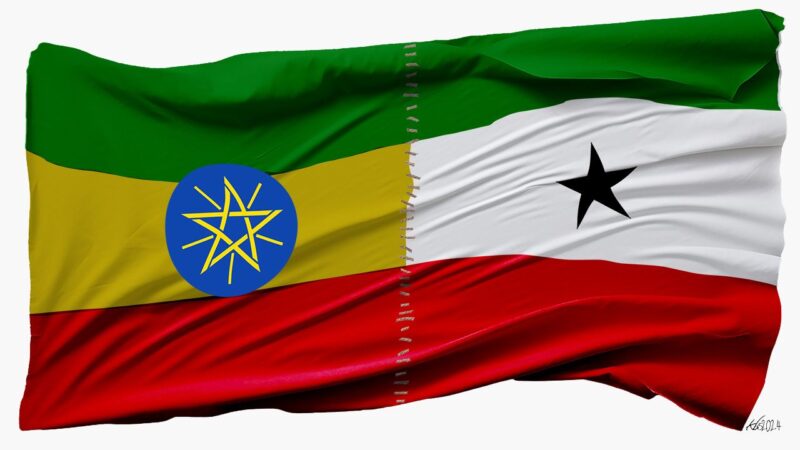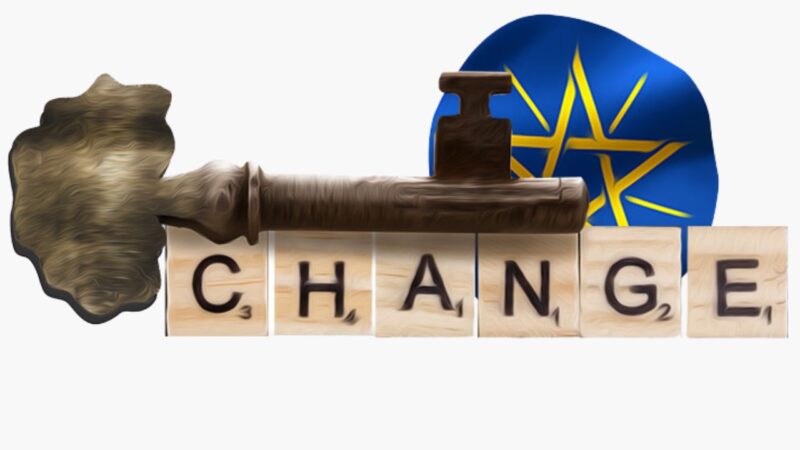Many countries worldwide, including several in Africa, have been experiencing a third wave of autocratisation. This manifests as a gradual erosion of democratic institutions, executive overreach, attacks on judicial independence, and constitutional regression. We urgently need to counter this decline in our countries by cultivating democratic norms among citizens, particularly the youth, to reduce polarisation, strengthen accountability mechanisms that check executive power, and safeguard civil liberties, civil society, and media independence.
In Kenya and across the continent, young men’s and women’s civic and political representation has been limited. Voter turnout, especially in this demographic, is declining, as was seen in the recent elections in Kenya and Nigeria, exacerbating the threat to the future of democracy in Africa.
Although young people are often active and influential in digital activism and social innovation, their formal political participation and influence can be limited. They face information and resource deficiencies and institutional barriers that hinder active citizenship. Many lack historical context regarding democratic movements in their countries, which, coupled with limited economic opportunities, has contributed to their political disenfranchisement. Youth from lower-income and marginalised communities are even less involved in their countries’ power structures and exhibit lower levels of political engagement.
Yet hope resides in this vibrant demographic that constitutes approximately 75 per cent of Africa’s population. The latent potential within Africa’s youth is a cornerstone for transformative progress on the continent. Their meaningful engagement in public policy formulation and decision-making processes can usher in an era of renewal; however, systemic challenges, including economic constraints and documentation deficiencies, persistently thwart their advancements. There is a visible contrast between Africa’s political hierarchy, dominated by older men, and the youthful demographic, which has led to the creation of governance policies that are misaligned with the needs of the young.
Insufficient information and leadership failures have contributed to distrust towards traditional governance institutions among many young people, leading them to wrongly believe that political engagement is ineffective and does not yield meaningful outcomes. However, the explosion of youth participation in online political and social movements is evidence that many are engaged and suggests that their involvement may depend on creating opportunities for their voices to be heard and to contribute to tangible political change. For example, young Africans have recently mobilised through youth movements such as the EndSARS movement in Nigeria, the #FeesMustFall protests in South Africa, and the demonstrations that led to the ousting of Omar al-Bashir in Sudan. These cases demonstrate that, with appropriate civic awareness, information, and strategic planning, young people can engage in active citizenship, organise effectively, and bring about meaningful change. The challenge lies in reaching them in the spaces where they are already active, leveraging these platforms and the media to influence their behaviour and attitudes toward progressive activism.
Young Africans may distrust government institutions and leaders and are generally dissatisfied with how democracy works in their countries. However, they are still committed to democratic values and the ideals of an open society. By utilising popular artistic expressions, culture, and diverse media platforms, including digital and mainstream outlets, it is possible to reach young individuals and effectively promote civic and political awareness. Doing so will empower them to actively engage in democratic processes, exercise their rights, and contribute to community development and advancement.
Our goal at the Civic Voices Initiative is to utilise innovative methods to engage with the interests and preferences of African youth to create a dynamic and inclusive civic environment where they can contribute to shaping a more equitable and participatory society. Their involvement hinges on the assurance that their voice matters and that they can drive tangible political change.
The perception that young people are not sufficiently interested in politics may be incorrect. While they might not be attracted to conventional participation, such as voting during elections, they are highly engaged in other spaces. We must do more to foster a culture of active citizenship and develop programmes to tap into their intellectual capital and artistic creativity. We also need to build alliances and coalitions with like-minded partners, civil society groups, cultural leaders, and religious figures to effectively involve young people’s participation and create traction in the spaces where they have already demonstrated remarkable innovation.
It is crucial to create a supportive environment that motivates young people to actively address these challenges, as their exclusion not only diminishes the strength of democracy but also jeopardises its long-term viability.
In conclusion, as we embrace Africa’s youth, let us envision a future where their boundless energy and innovative spirit shape the continent’s destiny. The vibrant tapestry of their diverse cultures, artistic expressions, and digital prowess is critical to a more inclusive and participatory society.
As we champion the Civic Voices Initiative, we invite all stakeholders, from cultural leaders to religious figures, to join hands in amplifying the voices of young Africans. We stand at a pivotal juncture where we must recalibrate our strategies to integrate young voices into governance structures that are traditionally dominated by older generations. This integration will not only rejuvenate our democratic institutions but also harness youthful innovation essential for addressing contemporary challenges facing the continent. Let us dispel the myth that young people are uninterested in politics and instead recognise their engagement in alternative spaces. By creating a supportive environment, we not only strengthen democracy but also secure its enduring legacy for generations to come.








